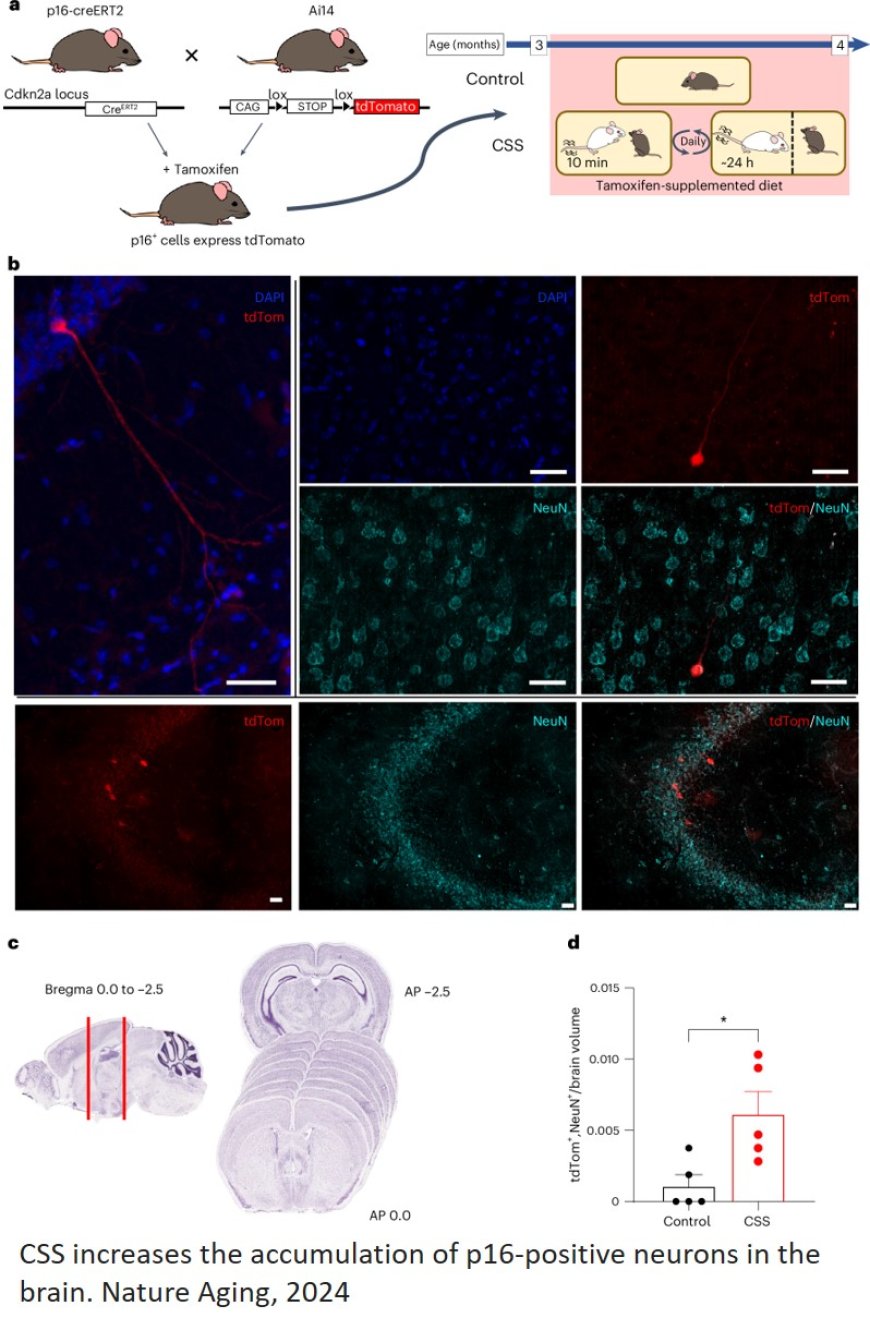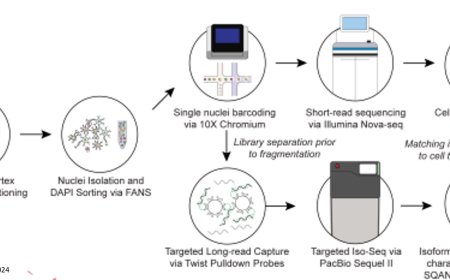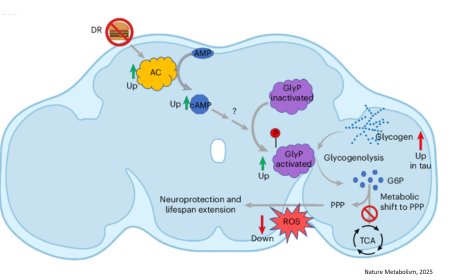The link between stress, aging and senescent cells

Published in Nature Aging, new research studies how stress and aging are linked through shared biological mechanisms. The study aims to determine how exposure to social and psychological stressors can accelerate aging and affect health in preclinical models.
The research team found that social stress causes neurons in the hippocampus and cortex of preclinical models to show signs of senescence and DNA damage, common features of accelerated aging. This discovery highlights a potential way that stress in the social environment can accelerate the aging process.
Experimentally the authors assessed the effect of chronic stress on cellular senescence—a hallmark of aging. Exposure to restraint stress, a psychological non-social stress model, increased p21Cip1 exclusively in the brains of male, but not female mice, and in a p16Ink4a-independent manner.
Conversely, exposure to chronic subordination stress (only males were tested) increased key senescent cell markers in peripheral blood mononuclear cells, adipose tissue and brain, in a p16Ink4a-dependent manner. p16Ink4a-positive cells in the brain of chronic subordination stress-exposed mice were primarily hippocampal and cortical neurons with evidence of DNA damage that could be reduced by p16Ink4a cell clearance. Clearance of p16Ink4a-positive cells was not sufficient to ameliorate the adverse effects of social stress on measured metrics of healthspan.
“This research was inspired by a significant amount of work proving that life stress, social determinants and low socioeconomic status, in particular, adversely affect health and aging in humans. However, the causal mechanisms are almost impossible to identify in humans,” said the senior author of the study. “Our study represents the first step in the quest to identify how life stress can impact aging. The observation that social stressors increase markers of cellular senescence in the brain and other organs, which appears to be driven by DNA damage, among other factors, was a major finding.”
Future research will focus on understanding how stress influences several interconnected biological mechanisms known as hallmarks of aging, and whether targeting these mechanisms could help protect against the adverse health impact of life stress on the aging process.












